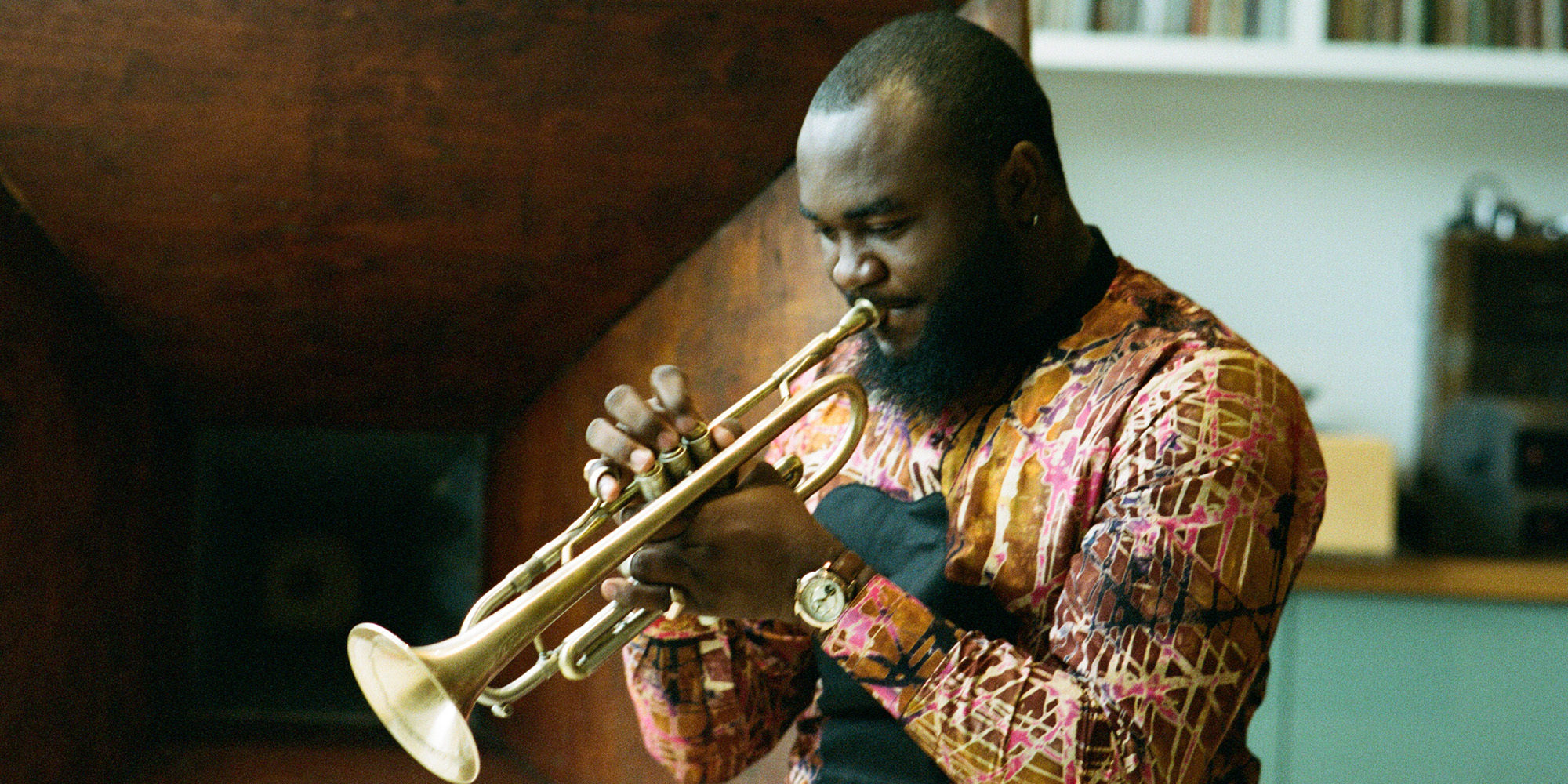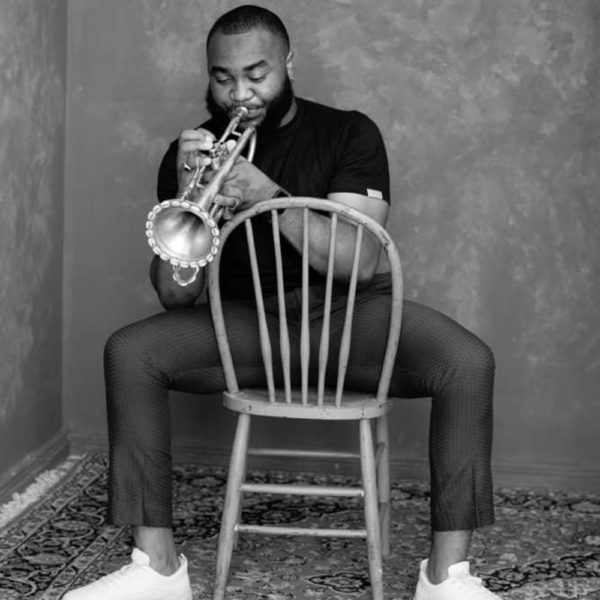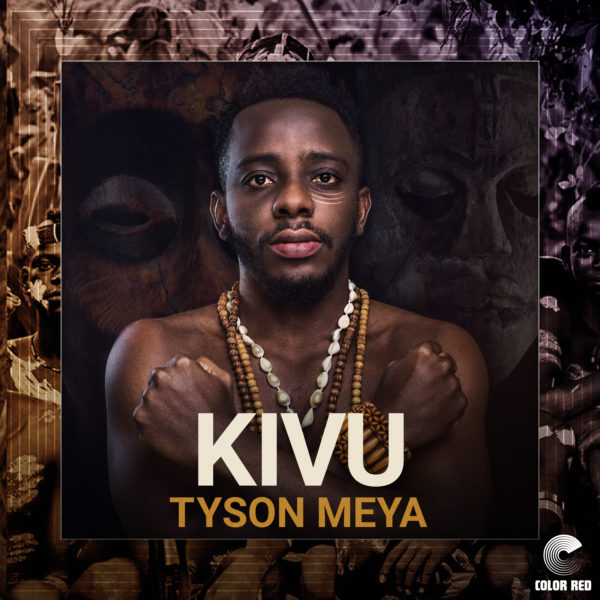Afropop Classic August 12, 2021
New Moves in Afro-Jazz
A deep dive into current Afro-jazz music.
It’s a truism that jazz has roots in Africa, but compared with other forms of Black American music, it doesn’t have a large audience there. Just the same, African musicians have long been smitten with jazz, and have always found inventive ways to incorporate jazz elements into their sounds. On this program we meet young artists forging new paths in Afro-Jazz: Etuk Ubong from Nigeria, Awale Jant Band from Senegal by way of London, Afrikan Protokol form Burkina Faso by way of Belgium. It’s a freewheeling musical joyride. Produced by Banning Eyre.
Related Audio Programs
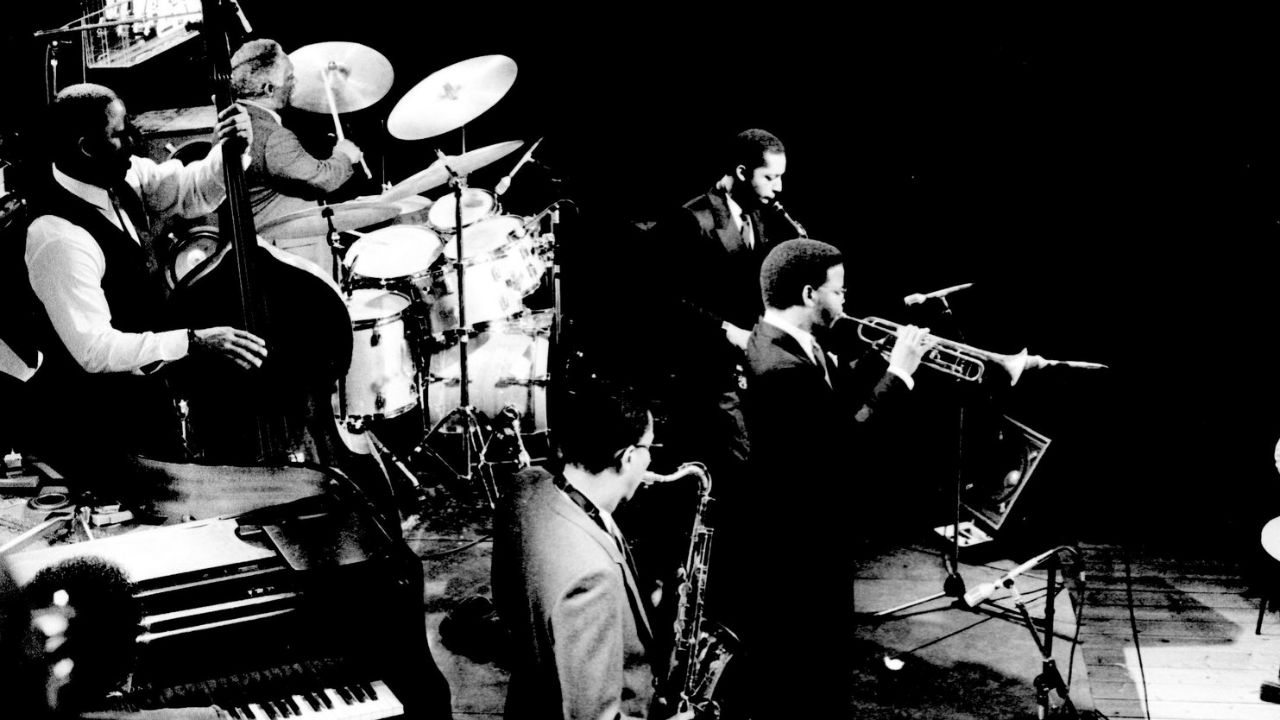
Hip Deep February 6, 2014
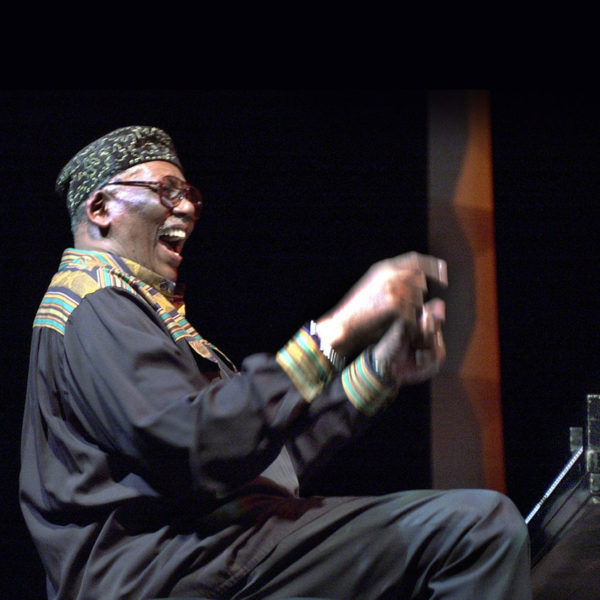
Afropop Classic December 28, 2023
Randy Weston, a jazz icon, uniquely embraced and delved into the profound ties between American music roots and African heritage, solidifying his legacy as a trailblazer who passionately bridged cultures and musical traditions.
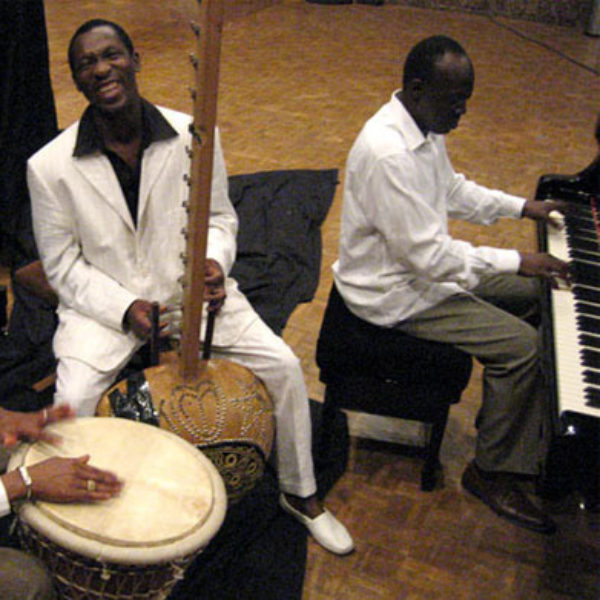
Hip Deep February 1, 2018
How jazz music came back to Africa, South Africa in particular, by way of America.








